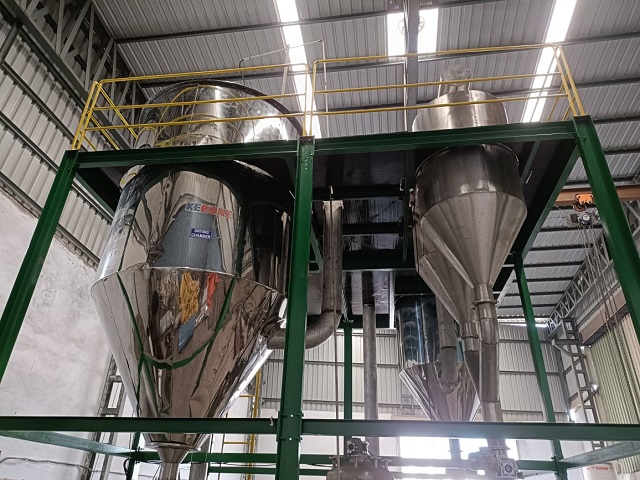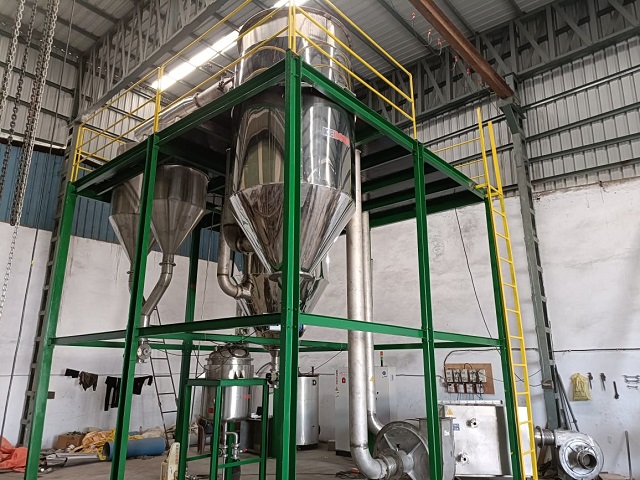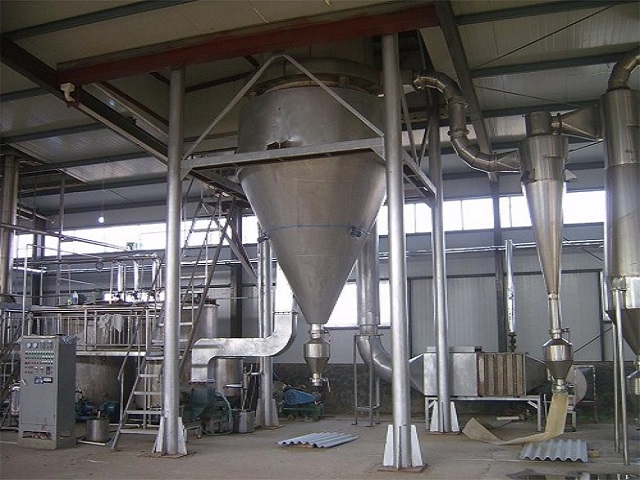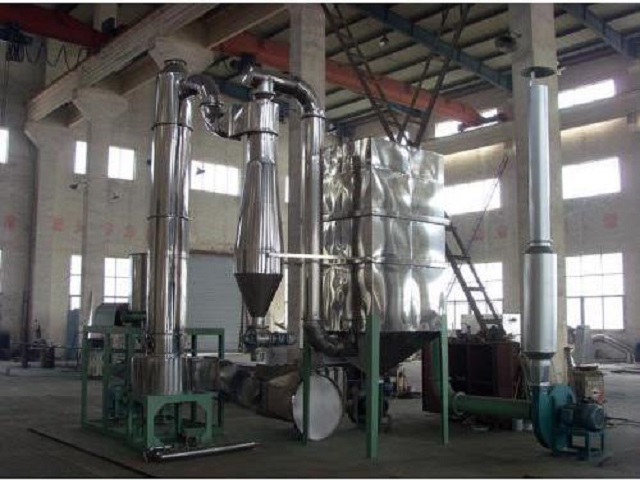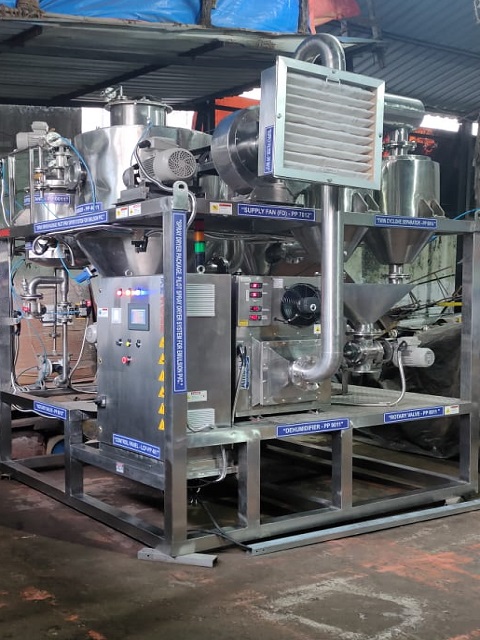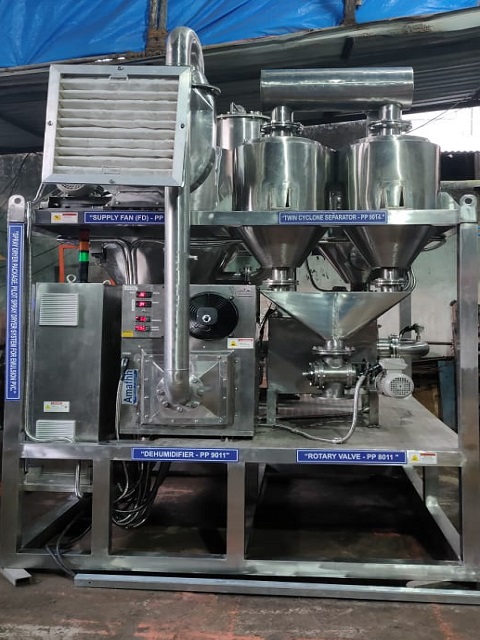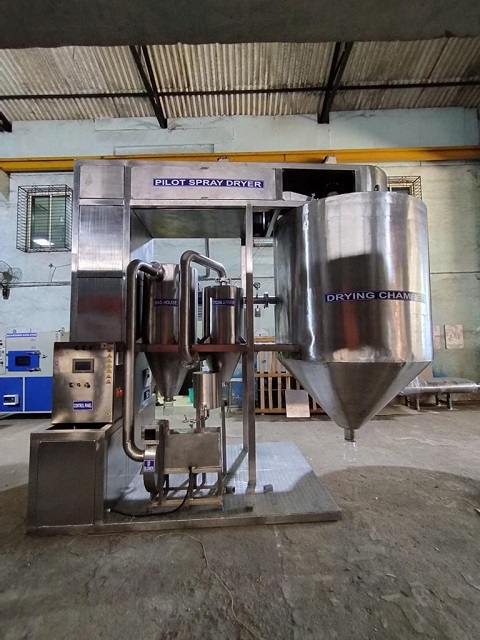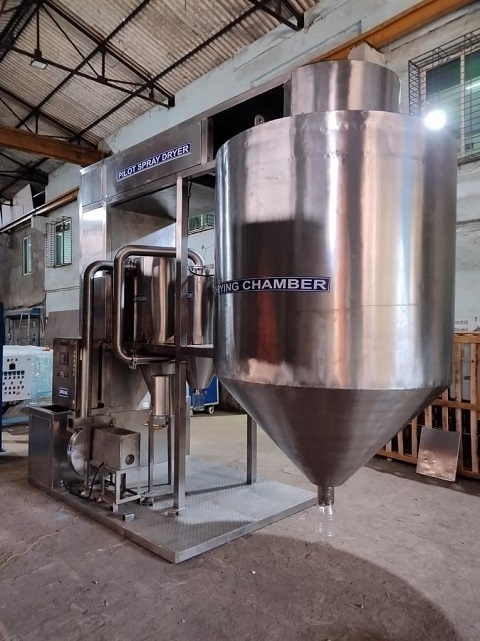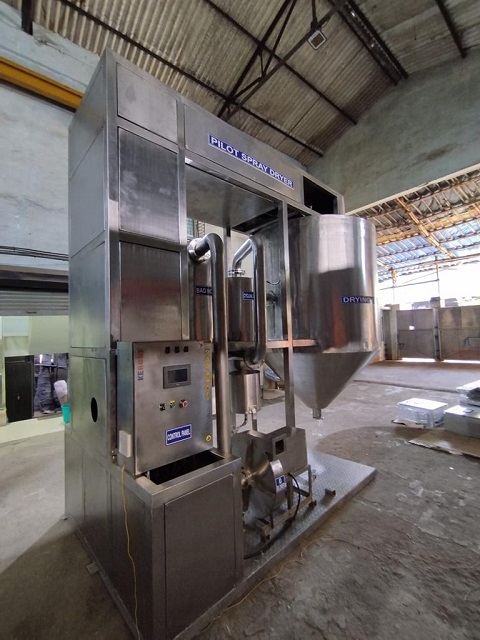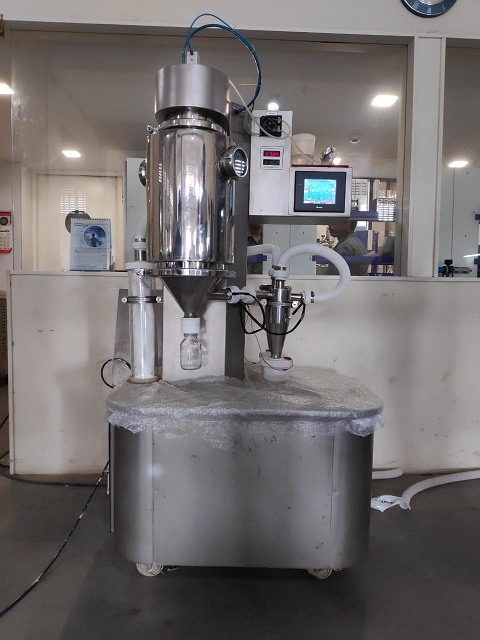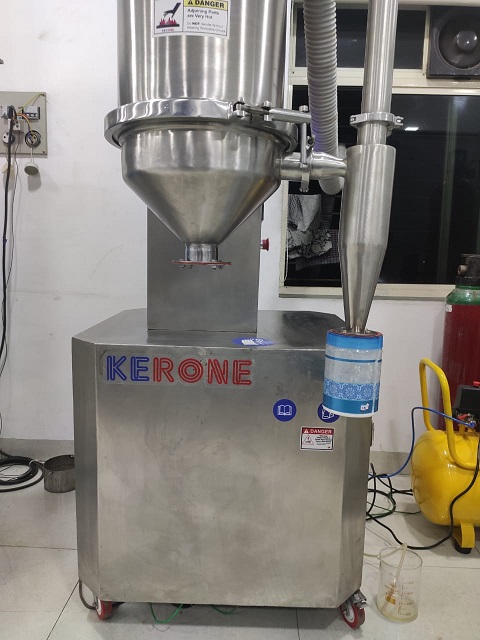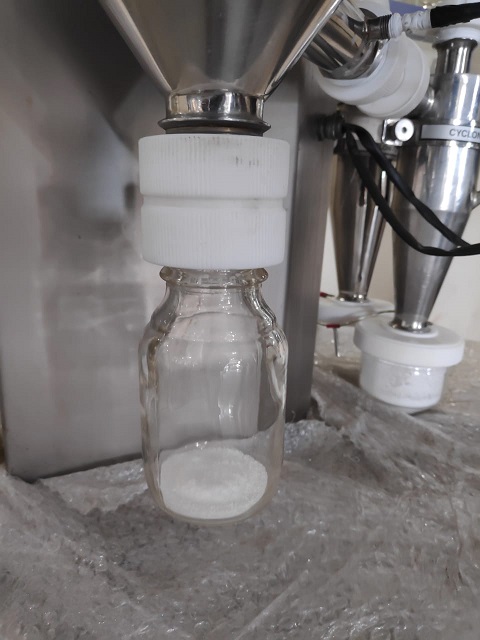Spray Dryers for Vegetable Powder
Kerone Engineering Solutions Ltd. is a leading company in the provision of advanced industrial heating, drying, and process solutions of engineering globally. Having more than 50 years of expertise, we are experts in designing, producing, and delivering custom-made, state-of-the-art systems to meet the ever-changing requirements of the industries across the globe.
We have been involved in engineering excellence, sustainability, digitalization, and technological innovation to become a reliable collaborator whose business partners are in various industries. Kerone will implement Artificial Intelligence (AI), Machine Learning (ML), and Internet of Things (IoT) technologies in our systems to ensure smarter automation, real-time monitoring, predictive maintenance, and process optimization that is data-driven, thus enabling our clients to be more productive, efficient, and reliable.
The Kerone systems are designed to meet Industry 4.0, which leverages AI-powered analytics and IoT connections to provide clients with data insights and intelligent automation to manufacture next-generation products.
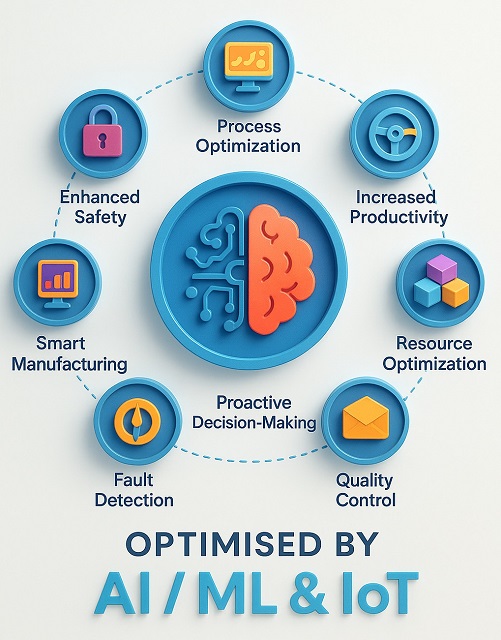
For the manufacturing of vegetable powder, Kerone offers a selection of spray dryers with batch and continuous operating options. When it comes to designing and building spray drying units that may be applied in a variety of sectors, Kerone has extensive experience. We have so far assisted a large number of our clients with their drying needs. We are able to accomplish accuracy and product quality thanks to our skilled engineering staff and top-notch manufacturing procedures.
Spray drying is a commonly used method for producing vegetable powders. In this process, a liquid vegetable extract is atomized into small droplets and then passed through a heated chamber. The heat causes the water in the droplets to evaporate, leaving behind dried particles of vegetable powder.
Spray drying is advantageous for producing vegetable powders because it allows for a controlled and consistent drying process. The resulting powders have a longer shelf life than fresh vegetables and can be easily stored and transported.
When selecting a spray dryer for vegetable powder production, several factors should be considered, including the size and capacity of the equipment, the type of atomization used (such as pressure nozzle, centrifugal atomizer, or rotary atomizer), the drying temperature and airflow rate, and the final particle size and distribution.
Different vegetables require different drying conditions to achieve optimal results, we consult with experts in the field and conduct trials to determine the best process for each vegetable powder product.
Spray drying offers several advantages over other drying methods, including fast drying times, high production rates, and the ability to produce powders with a narrow particle size distribution. However, spray drying can also be a complex process that requires careful control of the drying conditions to ensure product quality and consistency.
Application- Chemical Industry
- Pharma Industry
- Food industry
- Effluent treatment
- Flavoring
- Nutritional supplements
- Food coloring
- Seasoning blends
- Baby food
- Construction of equipment to ensure high standards of sanitation;
- Low temperature drying that preserves the attributes of the original fruits.
- To ensure easy operation, the system is fully autonomous, small, and energy-efficient.
- The plant's footprint is planned in accordance with the customer's land availability.
- Complete sanitary design system
Q1. What is vegetable powder spray drying?
It dries vegetable pulp or slurry into fine powder while maintaining product quality.
Q2. Which vegetables are commonly processed?Carrot, beetroot, garlic, onion, tomato, and leafy vegetables are frequently spray-dried.
Q3. What are the advantages of spray drying vegetables?It enhances shelf life, improves storage stability, and produces uniform powder.
Q4. Is the dried powder good for seasoning blends?Yes, vegetable powders are used extensively in spices, instant mixes, and ready meals.
Q5. Does spray drying prevent clumping?Yes, controlled drying reduces moisture, creating free-flowing particles.
